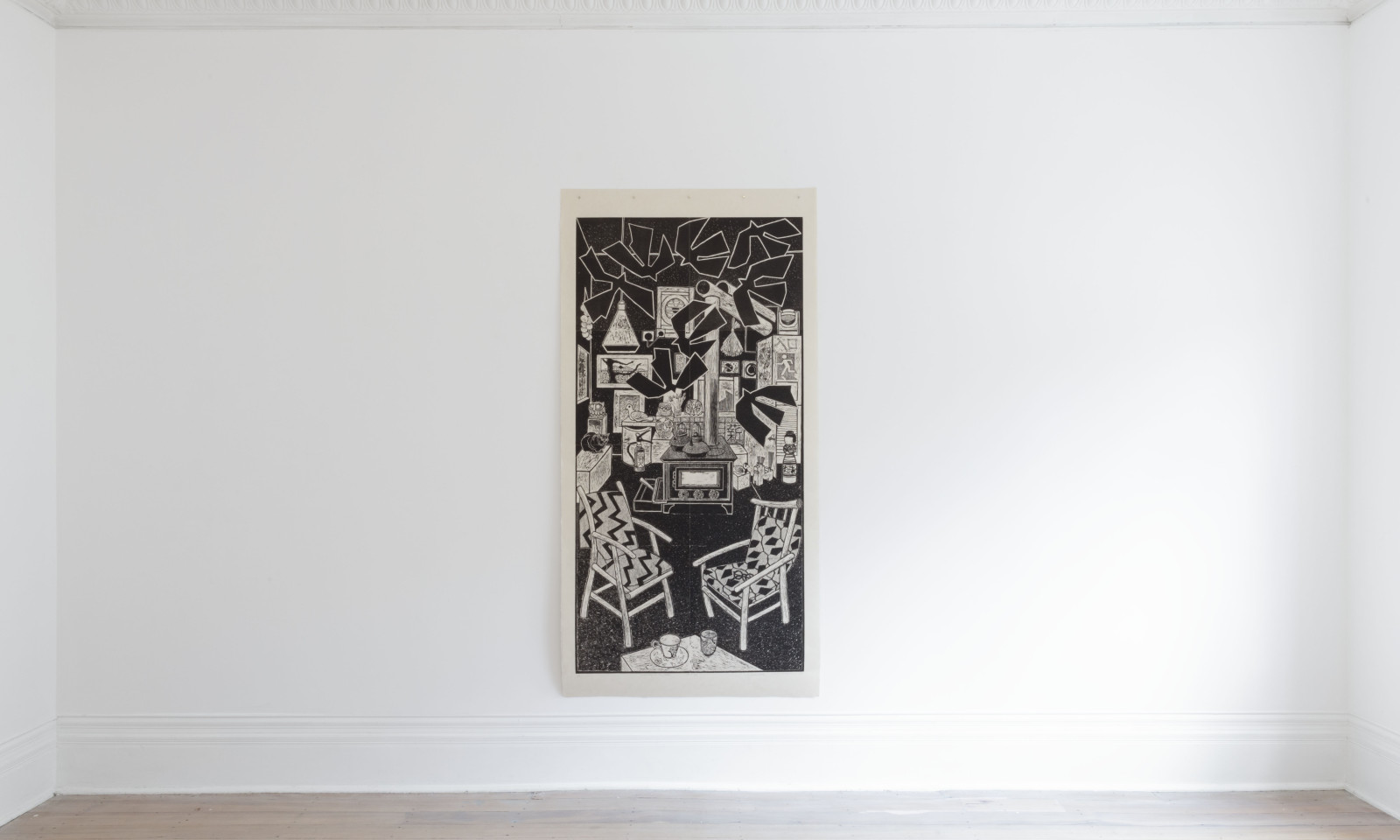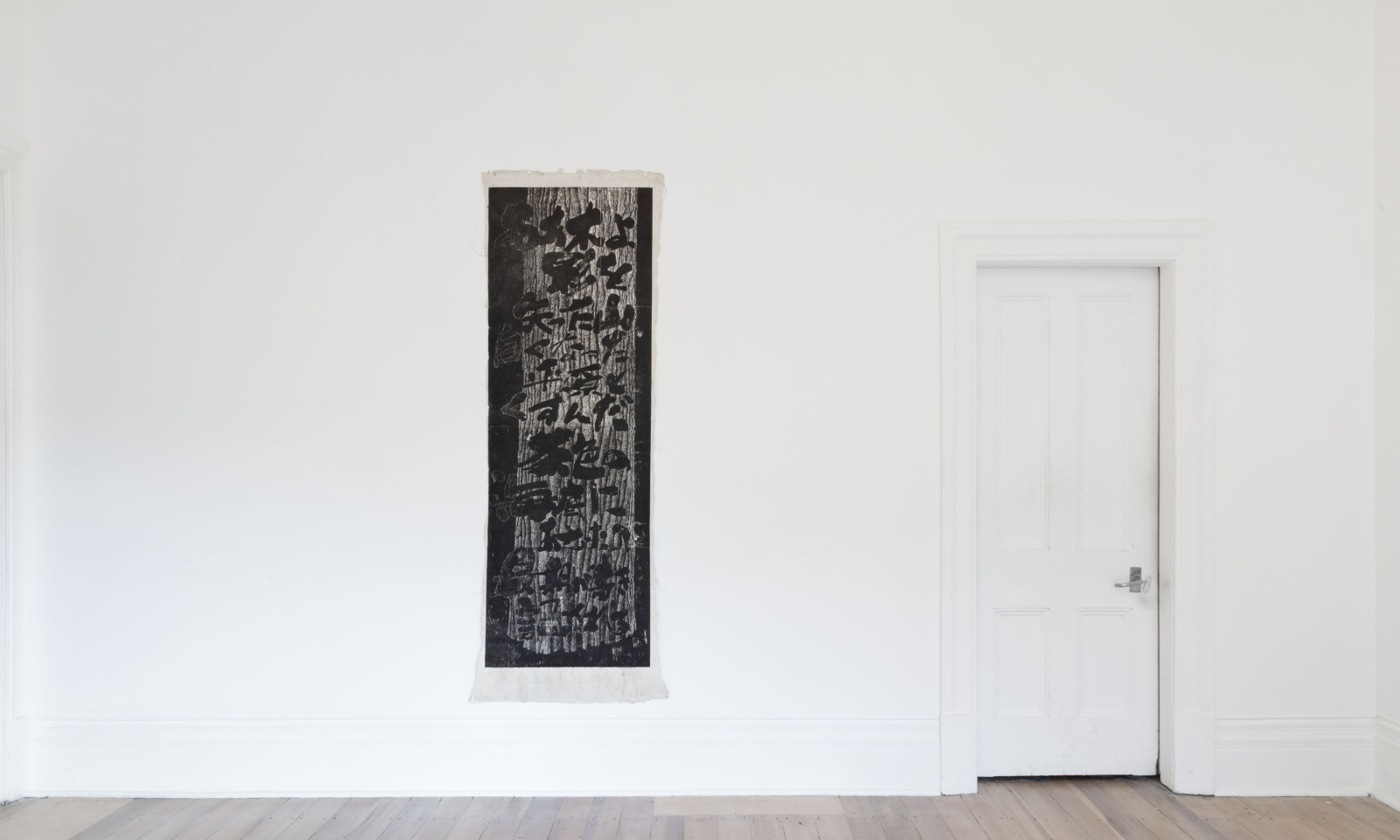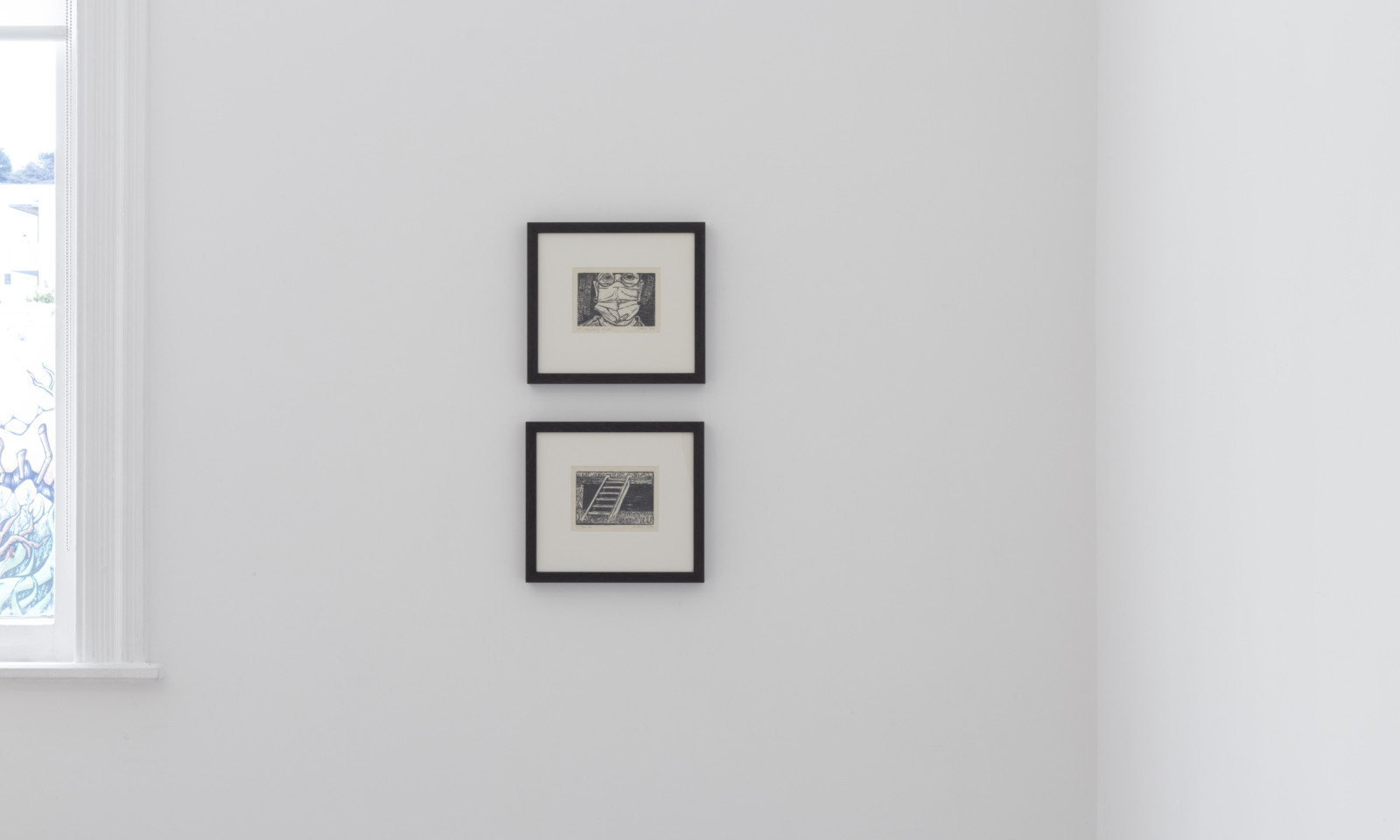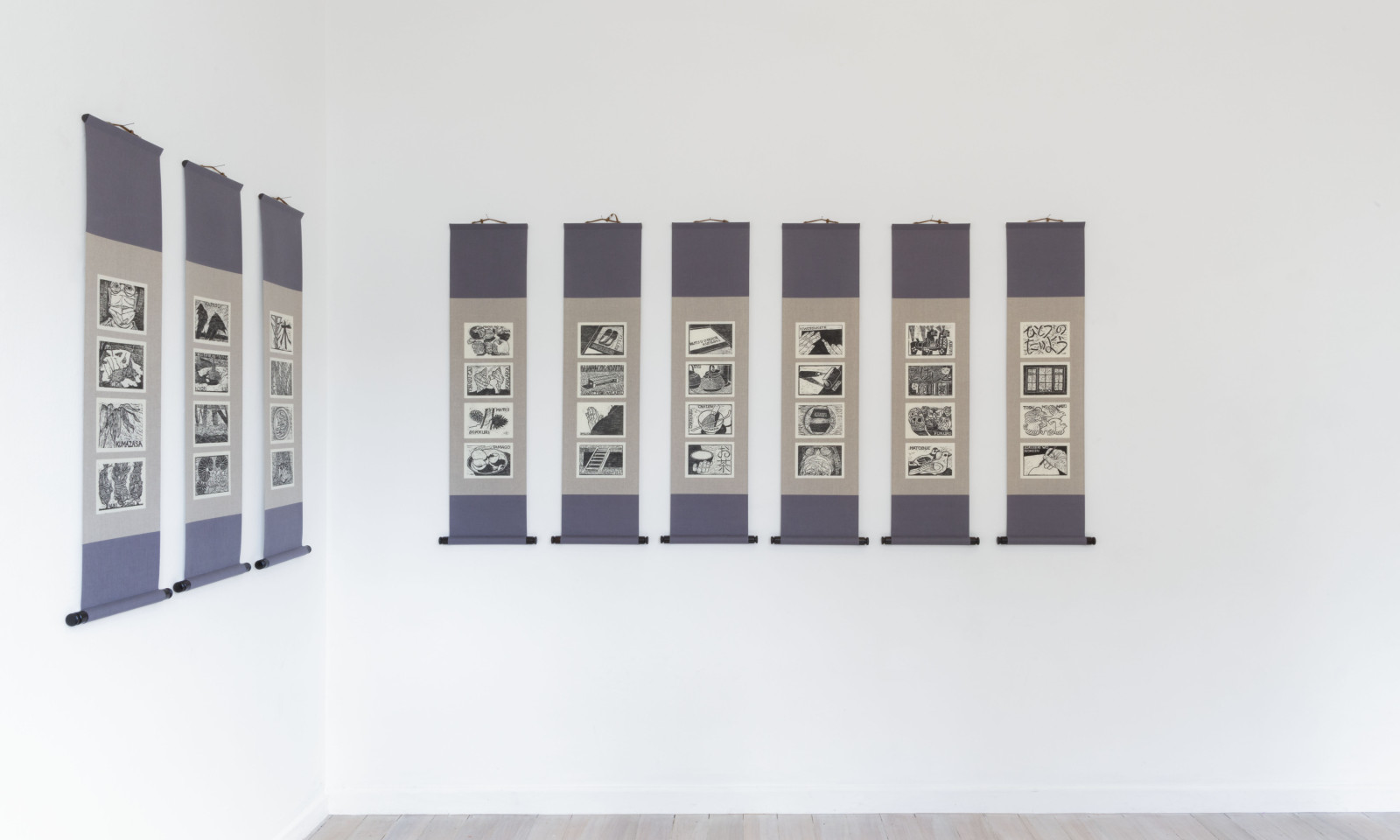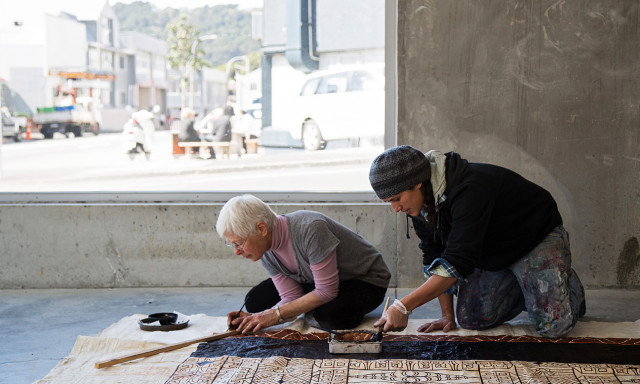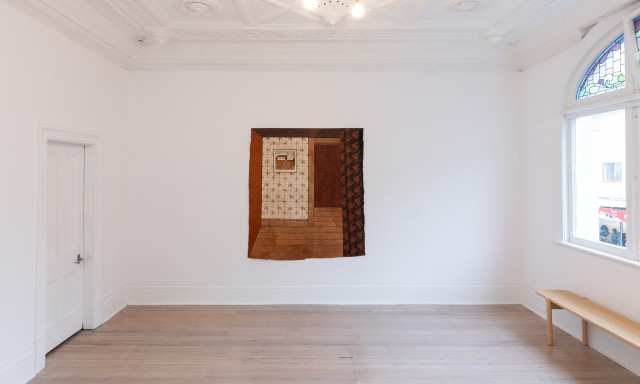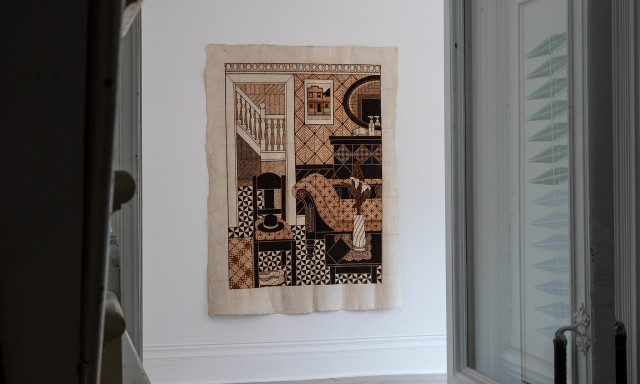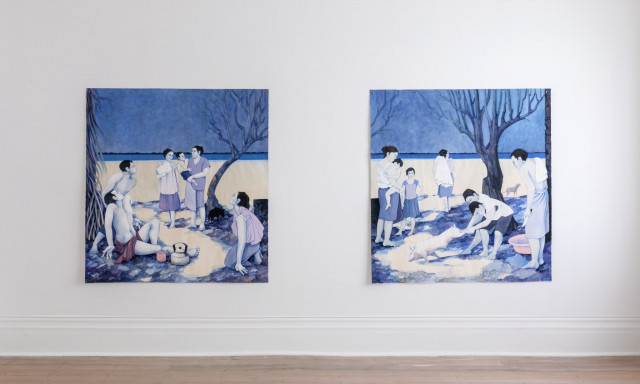About the exhibition
In April 2024, Robin White embarked on a journey to Japan. This was a special opportunity for Robin to return to a land that holds a lifelong fascination.
In April 2024, Robin White embarked on a journey to Japan. This was a special opportunity for Robin to return to a land that holds a lifelong fascination.
Robin grew up in suburban Auckland in the 1950’s in a family where her father was an active supporter of the peace movement. As a young child, Robin distinctly remembers, and was greatly influenced by, stories and films about the nuclear bombing of Hiroshima and its effect on the Japanese people and their culture.
This is a theme inhabiting her work for some time. The message of peace, connection and community are themes Robin has explored in her work on many occasions, including our upcoming exhibition, “Walking with Munakata”.
Robin reflects on a poem by Hone Tuwhare, No Ordinary Sun, written about his experience visiting Hiroshima when serving in the post-war occupation forces in Japan. She’s had a section of the poem translated into Japanese and included it in the central work of the show “O Tree”.
O tree
In the shadowless mountains
the white plains and
the drab sea floor
your end at last is written.
Tuwhare and Robin were contemporaries in Dunedin in the 1970s where they shared a friendship and a common creative spirit. Robin has long wanted to incorporate Tuwhare’s work in her practice and finally they come together in a shared view on the effects of war and the nuclear threat, a prescient message in this time of global turmoil.
Another key influence in this latest body of work is Munakata Shiko (1903-1975), a renowned Japanese woodblock print-maker, who is known for the community-oriented approach of his art practice and his readiness to accept the medium and how its process asserts the personality and spirit of each piece. He sees printmaking as an egalitarian way to communicate ideas. The works are no less for being multiples, but are a very democratic way to share ideas.
Robin’s recent residency in Japan was located in Aomori in northern Honshu, the main island of Japan, at the Aomori Contemporary Arts Centre (ACAC). The facilities are set in a cluster of beautifully designed buildings amidst rural forest; a place of great natural beauty where Robin felt very much at home.
Robin has approached this new environment with an open mind, letting the tone and timbre of the new environment alight upon her before starting to work. One of the early and important aspects to her practice is finding local artists she can work with and learn from, always integrating local materials, methods and concepts into her practice. For our show she engaged with Yoshiko Takebayashi, a print maker, Kei Echizen, a calligrapher, and Soma Takashi, a maker of hanging scrolls. The translator of ‘No ordinary Sun’ is Hannah Sawada.
Within this new exhibition is a suite of small, beautifully formed prints, articulating objects and places, alongside the Japanese translation of what they are, titled “Finding my way in Aomori”.
An idea she took to Japan came from a small book, handmade out of cigarette packets by a Japanese POW, listing words in Japanese and their translation into English. It came from the Featherston Heritage Museum, which holds the history of the Featherston Prisoner of War camp. Robin took this humble book as a symbol of a human desire to communicate and to foster a sprit of understanding and community across the dividing lines of culture, religion and ethnicity. Themes which lie at the heart of this new exhibition.
Please note there are 36 new individual prints, in the series “Finding my way in Aomori” all are available as single works. All of the works are printed on washi (handmade Japanese paper) except ‘O Tree’, which is on masi (Fijian barkcloth).
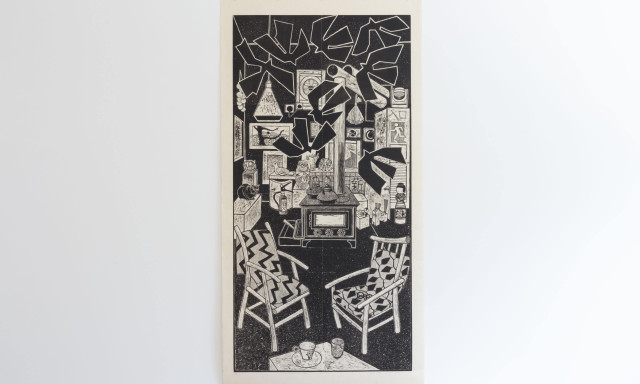
Robin White, 2024
Woodblock print on washi, edition of 4, 200 x 100 cm
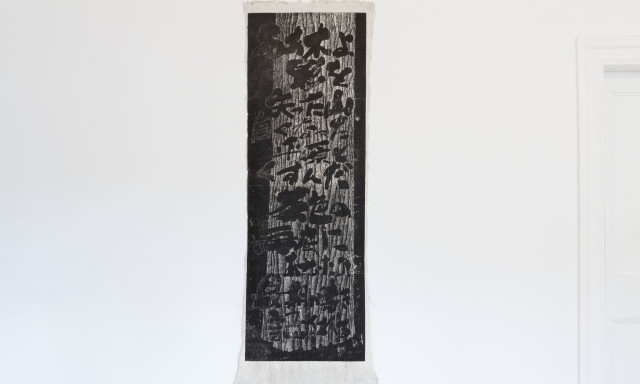
Robin White, 2024
Woodblock print on masi (Fijian barkcloth), edition of 4, 180 x 70 cm
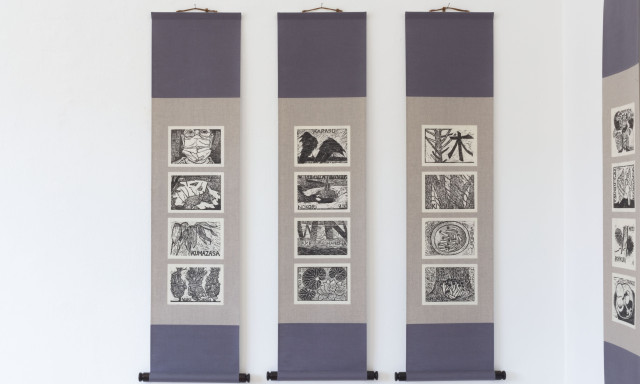
Robin White, 2024
36 woodblock prints mounted on 9 hanging scrolls, 13 x 19 cm (each individual woodblock print)
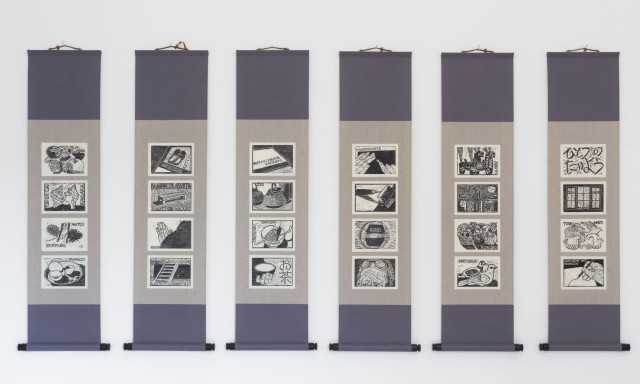
Robin White, 2024
36 woodblock prints mounted on 9 hanging scrolls, 13 x 19 cm (each individual woodblock print)
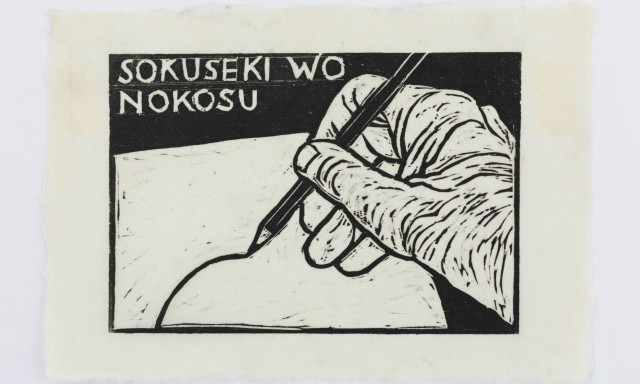
Robin White, 2024
From a series of 36 woodblock prints, All available as individual prints
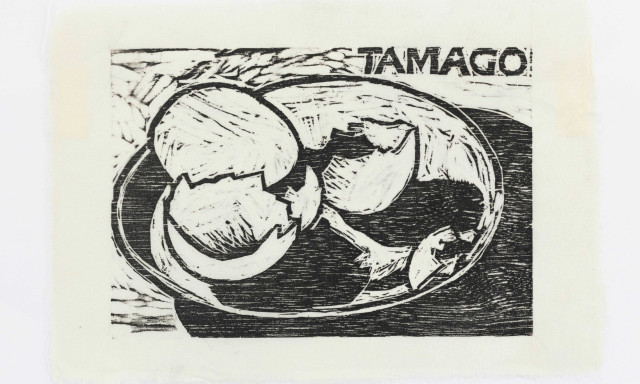
Robin White, 2024
From a series of 36 woodblock prints, All available as individual prints
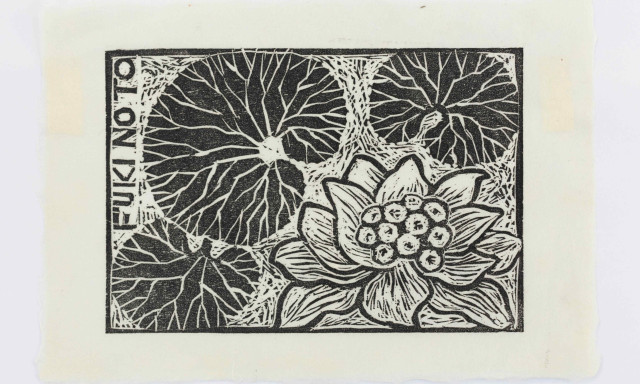
Robin White, 2024
From a series of 36 woodblock prints, All available as individual prints
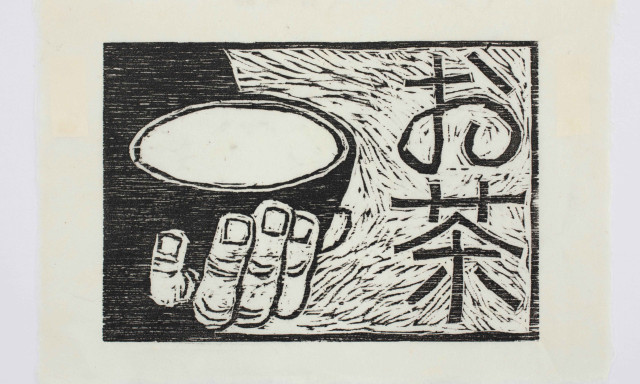
Robin White, 2024
From a series of 36 woodblock prints, All available as individual prints
